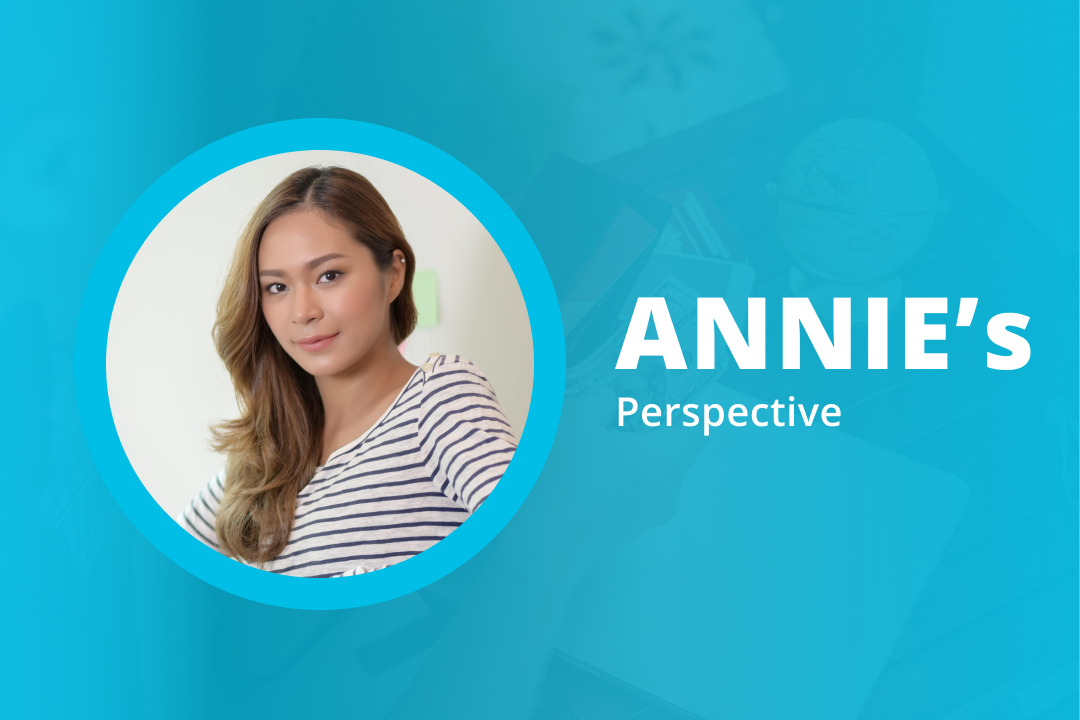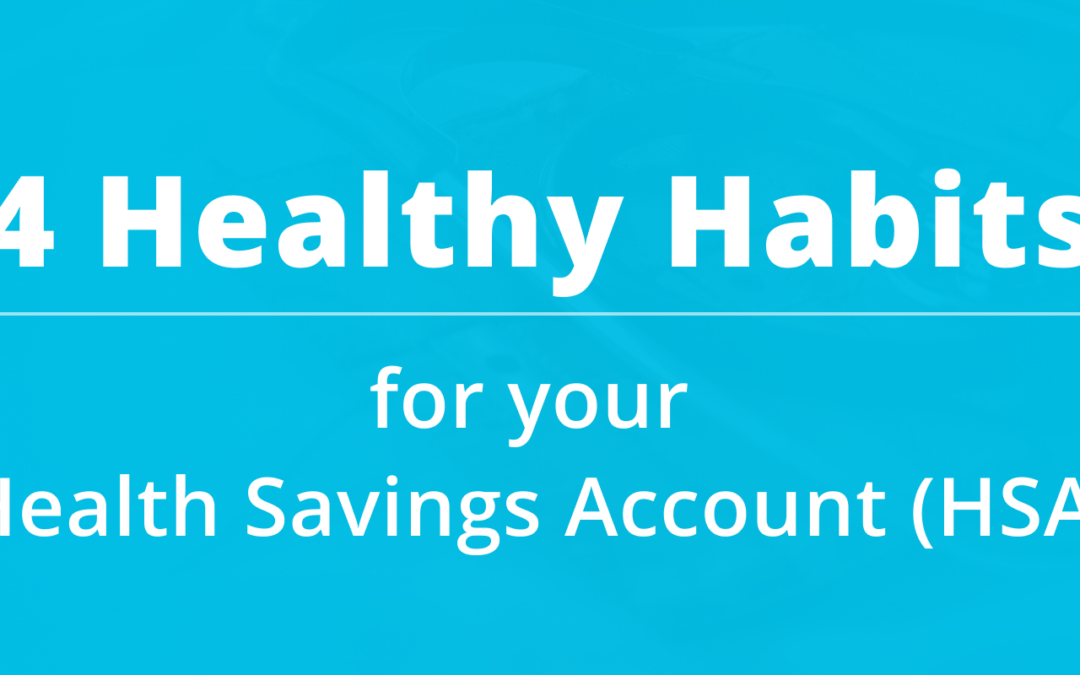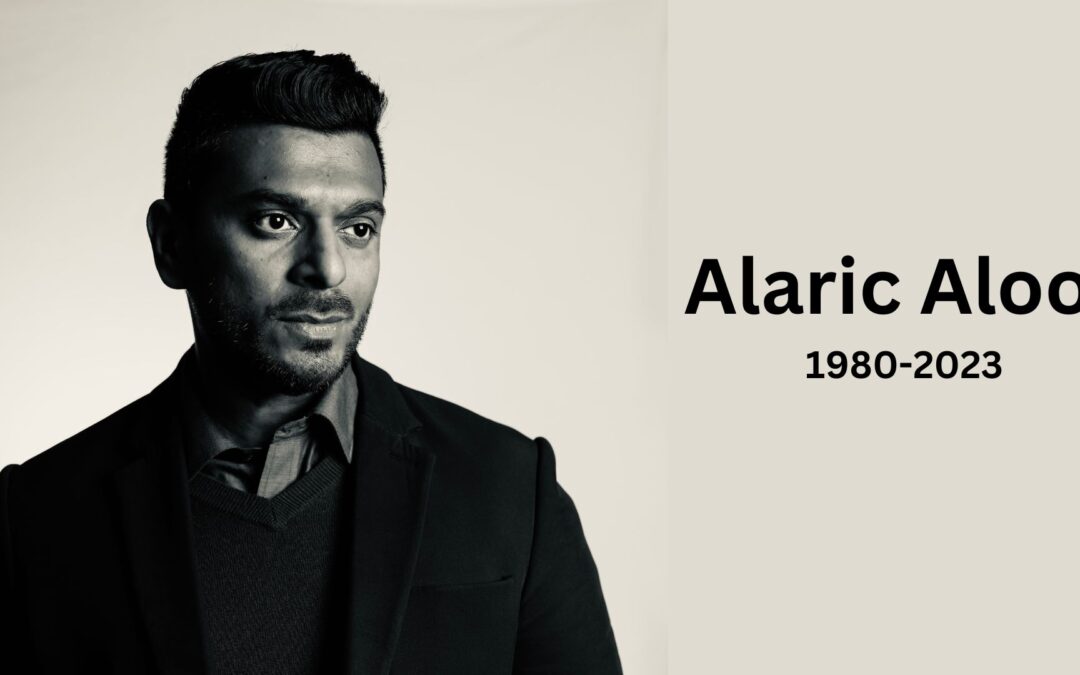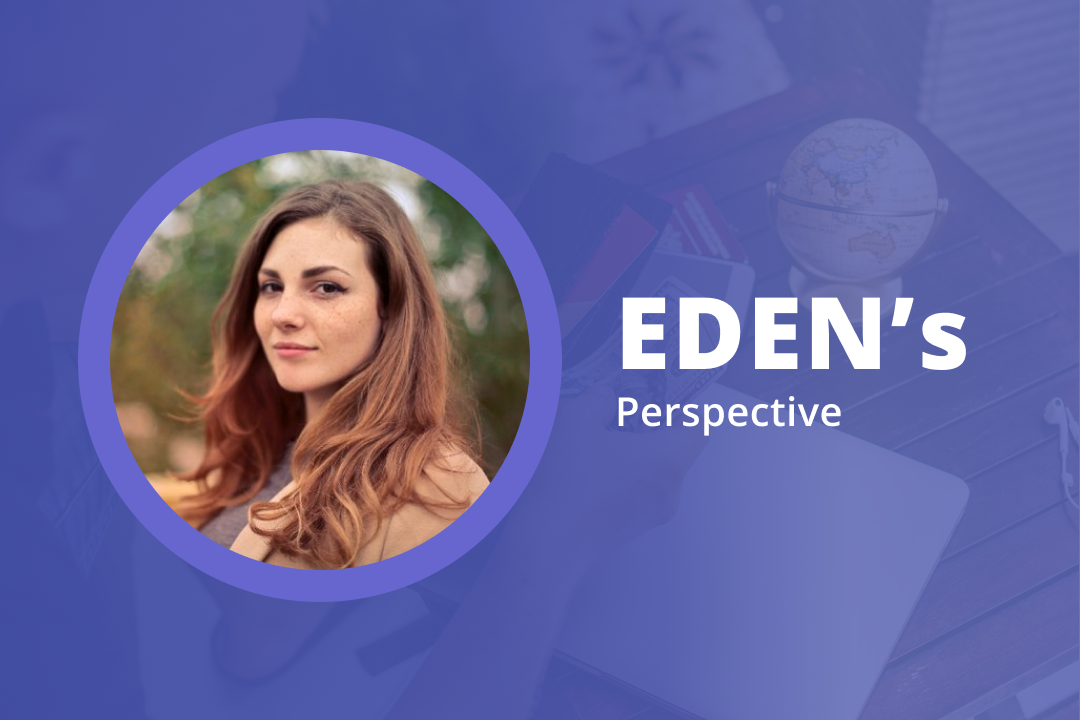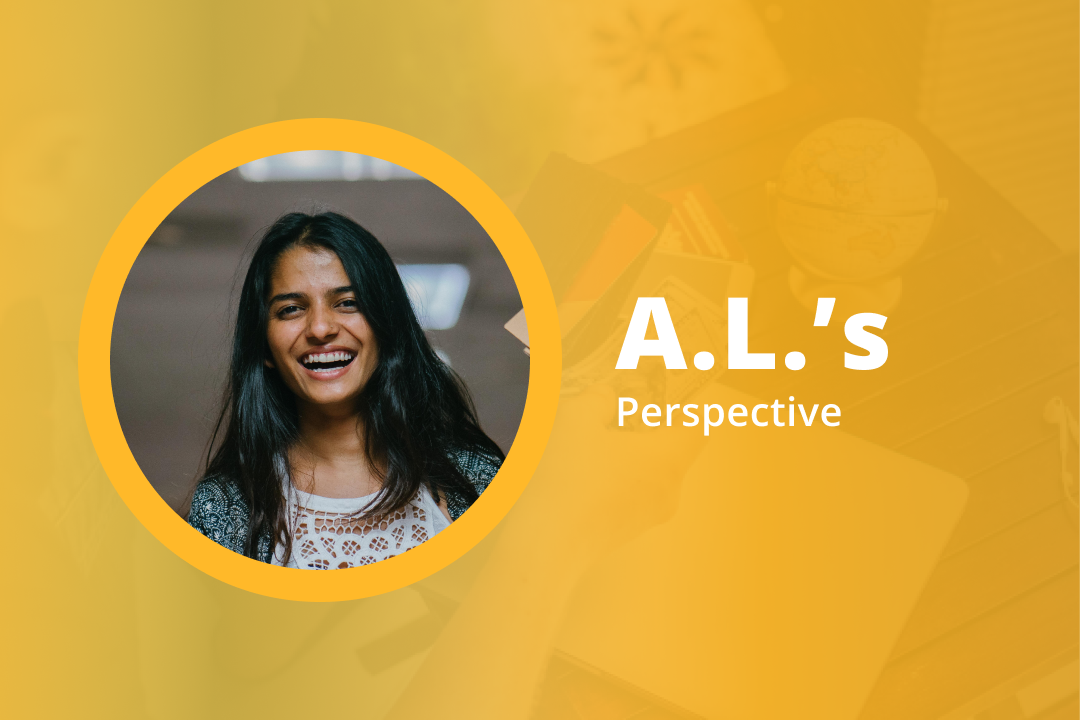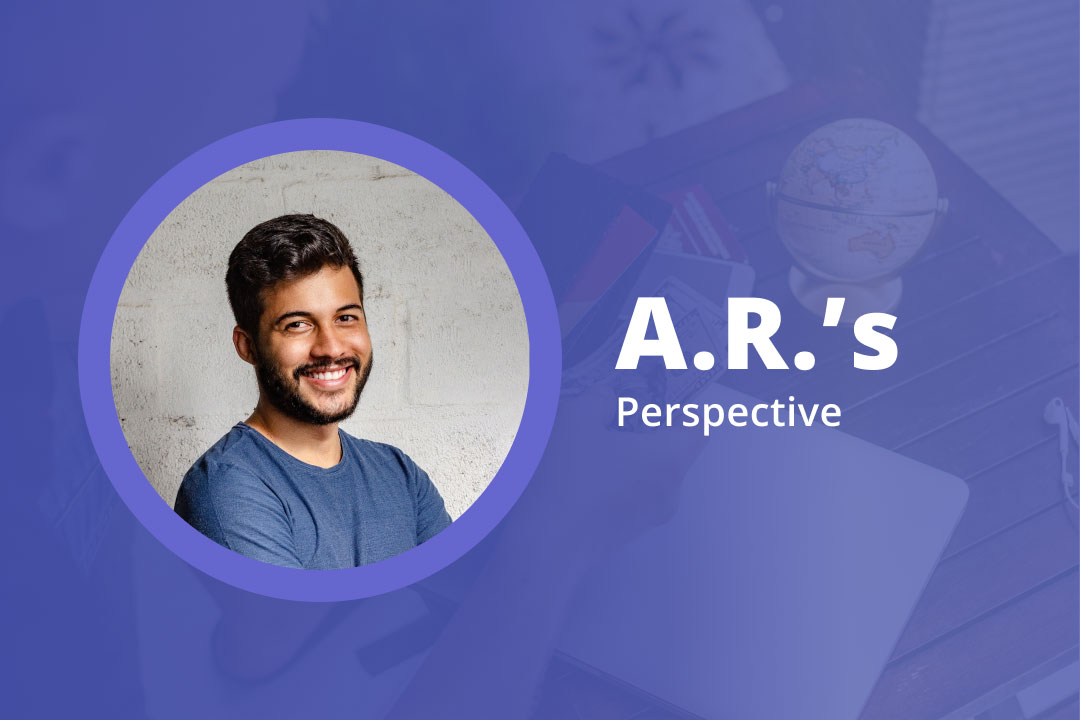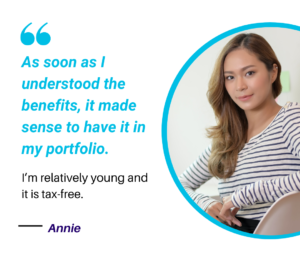
HSA User Perspectives: Annie
Annie is a young professional in her early 30’s who uses her HSA as an investment tool. Find out how she learned about an HSA and realized its value as part of her portfolio.
SO: How did you find out about health savings accounts (HSAs)?
At my last company, when I was signing up for health insurance, I realized that the cheapest option was a High Deductible [Health Plan]. “I was, like, what does this mean exactly?” On my health insurance website, there was a little animation. I had heard about the FSA before and thought, ‘Is this the same thing?’ And from there, I started googling on my own.”
SO: Were you given any education initially, or did you just google to find out more?
It was a lot of googling on my own. If I remember correctly, there was a website within my healthcare plan that said, “HSA–What is it?” But I don’t think it highlighted many of the benefits of it or why people do this.
I grew up in a place with national health care. However, I knew that I had to pay for health care in the U.S.
At my previous company, the default was a fully paid, low deductible plan, so I didn’t think about it. It was the first time that HSA even popped up for me. I was googling: “Why do people do this?” “Who does this?” “Do people of all ages do this?”
SO: At that point, you felt it was the right option for you?
Some of the people who had done onboarding at the company were around my age. I heard them say, “I don’t pay out of pocket,” “At this age, we don’t go to the hospital,” and “All the basics are covered,” “You should just go for the lowest option.” But at the same time, some of my other peers wanted the middle tier one.
We didn’t know what the criteria were because insurance is there in case we get hurt or need to go to the hospital. But why would you have such a high deductible when you don’t have that much savings in the bank to cover that deductible? Well, I thought, HSA sounds really interesting, so I might as well try it. For me, the curiosity of being able to invest the pre-tax funds compounded with the fact that I go to the doctor once or twice a 1-2 year made more sense even with the high deductible.
SO: How did you feel once you enrolled? How did you see the benefits?
Financial advisors seem to claim that this is one of the best ways to let your money grow untaxed. So, okay, I guess it’s great that I have it? I don’t know. I think it’s good. I didn’t know that you have to keep $1000 in reserve, so in my particular instance, given the amount, I can’t buy partial shares. Okay, what do I do with the rest of this money? So, I think of it more as an investment, but it’s not the easiest to use investment vehicle for me.
SO: Was there ever, when you were doing your research or speaking to people, a time when the term “High Deductible” threw you off? Was there any time where you said, “Why do I have to deal with a high deductible?”
With the company I was with, there was an incentive to do it. When an employee who had been with the company much longer asked me, “Do you do an HSA?” it was clear that there was confusion. For me, it made sense–you’re paying more out of pocket, and you have a vehicle to invest.”
SO: Would it be safe to assume that there was less education available to you through your employer and whatever you could find online for you to make an educated decision on which health option was the best in your case?
I’m willing to bet the answer was out there on Google somewhere. I just don’t think it was easy to find. I’m sure there are some calculations you can make, or if I went to a financial advisor, they could have told me very definitively.
SO: Do you primarily use your HSA as an investment tool? How do you see HSAs as a part of a more effective retirement strategy?
When I started it, I planned to use it as an investment tool. But because I just started it, it is a relatively small portion of my entire portfolio.
SO: If your friend called you up and asked you for advice about an HSA, what would you tell them?
If it were a friend that was single and without kids, I would say: “Hey, you may want to look into the HSA. I didn’t know about it. There is some evidence pointing to the fact that this is a good investment vehicle.” And I would ask them how many times they actually go to the doctor. I would encourage them to look into it.
SO: Are there any challenges or learning experiences that you would like to share?
I was initially very confused. I am putting money in here. I know I can invest it, but where does it go? You have to go through your healthcare provider to get to it, but your investment is not with the healthcare provider. It wasn’t clear to me how this was supposed to be an investment vehicle. Even the implementation portion was confusing.
SO: Did you ever think of HSAs as a way to save for retirement?
No. Because I think it’s more confusing as it’s linked to your insurance. It’s not just a money vehicle. It involves you physically. Your insurance is related to your health. Even when I was weighing my options, it made me think about how often I would need to go see a doctor. Choosing a high deductible plan with HSA was a little more of a scary decision. It made me feel like I was betting on my health. When I was doing a poll amongst the people I worked with, it was a bit of a touchy subject because it involved healthcare.
I also think that people don’t link money and health together. You either talk about your health, or you talk about money, but you don’t really talk about the two together.
SO: Would it have been helpful if someone had said this is another mechanism for you to build on your retirement to start growing a pocket of money to start paying for healthcare expenses?
Yes, but it makes me wonder. When you are straight out of college, many people are tied to their parents’ health insurance–until you are 26. After that, they think, “Oh shoot; I have to get my insurance.” Then you have a generational gap because a parent is more likely to go for a low deductible health plan as they might have dependents. Then the advice they are giving their kids is based on the parents’ age, not their kids.
SO: Are there any specific expenses that you were surprised to find out were covered?
No, other than the $1000 reserve. I’m still relatively new to the HSA, so I couldn’t figure out how to spend the $1000. Yes, there are healthcare expenses, but it’s not the first thing that I would go to for paying them.
SO: So why don’t you think of your HSA as the first place to spend your money when you know deep down it is for health care expenses?
For me, my wallet is on my phone. I have a certain amount of cards that I carry with it. So, I don’t take my HSA card with me. The fact that it’s on a physical card is very annoying. It would be way easier for me to mobile pay. I imagine that a lot of people are in the same position. Unless you have a wallet with a lot of card slots–why in the world would you be carrying around that card?
SO: When you were just starting to invest (in an HSA or in general), were there any mindset barriers you had to overcome?
Beyond the initial signup, it became an investment, so I treat it as an investment. After that, no. As soon as I understood the benefits, it made sense to have it in my portfolio since I’m relatively young, and it is tax-free. I didn’t really think about it like this is a pre-tax health care thing that I would use. In my criteria of signing up for it, I had already determined that at this age, I’m not going to the doctor very often.
What advice do you have for people who may be in your shoes right now to get in the proper mindset of investing long term?
I would encourage them to look at their whole portfolio as a tax-advantaged account. If you put in money now, you still have a relatively long runway until retirement, so why wouldn’t you look at it as a compounding factor? That’s for my friends who don’t have kids. For my friends who do have kids, I would say, look into it, but factor in their kids’ potential health care costs.
SO: One thing that stood out, negative or positive or both?
I didn’t realize it was pre-taxed and then not taxed.
NOTE: These are edited excerpts from the conversation with an HSA participant. In some cases, stock photos and only first names or initials have been used to protect identity.

